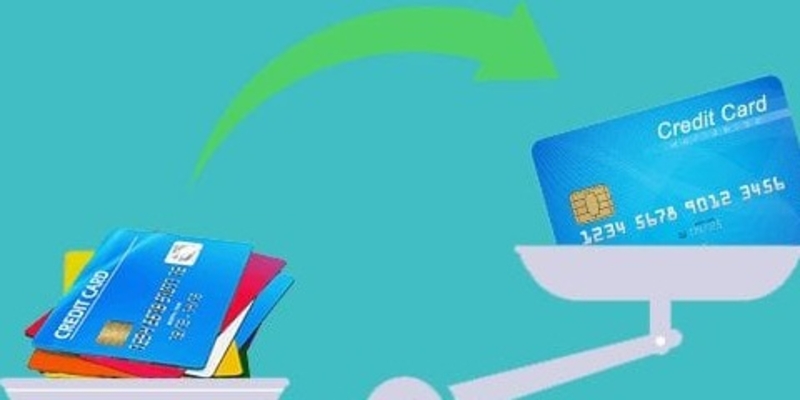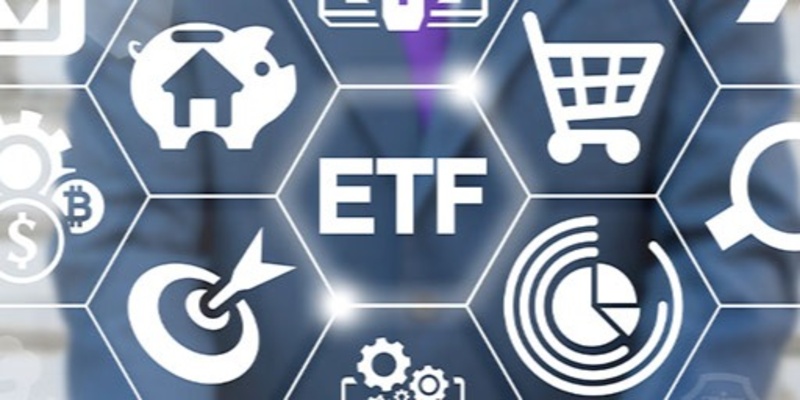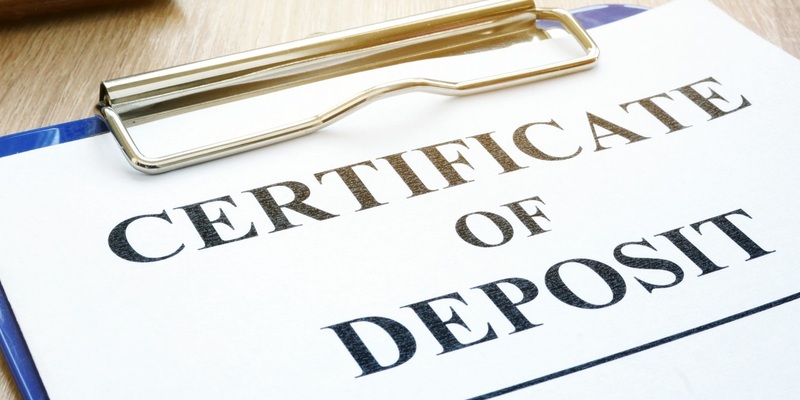When you have increasing debt, it can be difficult to discover the ideal method to consolidate or handle it. Two common financial instruments that individuals frequently think about for this reason are personal loans and balance transfer cards. Each provides unique benefits, and the correct selection is based on your particular financial condition, objectives, and credit past. In this article, we will look into the main contrasts between personal loans and balance transfer cards. We'll discuss their advantages, disadvantages, and ways to pick the best choice for consolidating debt.
What Is a Personal Loan?
A personal loan is a kind of unsecured loan. In this, people can borrow an entire amount of money at once. Usually, it is paid back in set monthly payments over some period that is decided beforehand. Personal loans are commonly used for consolidating debt as they give borrowers an expected repayment schedule and an exact timeframe to settle their debts completely. Because personal loans don't need collateral, they attract those who do not have assets to promise.
A big benefit of personal loans is the steady interest rate. The borrowers get to know precisely how much they have to pay back every month, offering them a feeling of stability and predictability. Moreover, personal loans regularly come with an established repayment time frame which signifies that when the loan period concludes, the debt is completely settled. This can assist individuals in preventing the never-ending cycle of credit card debt, particularly if they have difficulty making payments on continuous balances.

Personal loans might have more high interest rates compared to balance transfer cards. This is especially true for people who do not have good credit scores. Getting approval can be tougher and you may need a check on your credit score, proof of income, and sometimes even collateral. So it becomes very important to calculate the total borrowing cost when thinking about a personal loan for consolidating debt.
What Is a Balance Transfer Card?
A balance transfer card is a kind of credit card. It is made especially for moving existing debt from other credit cards that have high interest to one single card that has a lower interest rate. Frequently, it gives an initial 0% APR for some time limit. Because of this feature, many people prefer balance transfer cards when they want to combine their credit card debts into one place. The plan here is to clear the shifted debt before the period with 0% APR ends to save on charges related to interest and possibly settle the total amount more quickly.
Cards for transferring balance can give considerable savings in the interest rates during the promotional time, generally lasting from 12 to 18 months. In this duration, you might have to pay only the main amount without any concern about accumulating interest which helps in quicker repayment of debt. But when the promotional phase is over, there could be a sharp increase in your rate of interest which may make it difficult to handle leftover debt.
You should know, that cards for balance transfer usually take a fee before anything, commonly some percentage of the amount being moved. This charge can lower bit savings from 0% APR, thus it's essential to include this in your decision-making process. Also, remember that these kinds of credit cards generally ask good credit history to receive the best rates and terms, certain cards might have higher interest rates for any fresh purchases.
Comparing Interest Rates and Fees
One of the key things to think about when deciding on a personal loan or balance transfer card is the rate of interest and any fees related. When you take out a personal loan, typically, your rates are fixed. That means they stay the same over time for which you have taken this money. Your credit score often determines how high these rates will be: from low to relatively higher ones can vary; usually those who have a good history with their credits get better deals in terms of lower rates. As the loan amount is given out in one big payment, usually there are no charges related to taking out funds following approval.
Conversely, balance transfer cards frequently provide a preliminary 0% APR for a fixed duration that could aid in saving your money on interest. But it's important to note that the 0% APR is valid only throughout this promotional phase. Following this period, the interest rates might drastically increase and even go above 20%, determined by your creditworthiness. Also, cards for balance transfer frequently impose an initial charge of about 3% to 5% of the transferred sum. This fee can quickly accumulate, particularly with bigger balances, and must be factored in when figuring out the overall expense of debt shifting.
The Impact of Credit Scores
When you are choosing between a personal loan and a balance transfer card, your credit score is an important factor in deciding what you qualify for and the conditions that will apply to you. In terms of credit score requirements, personal loans often have more flexible criteria than balance transfer cards. Having better credit scores can assist in getting lower interest rates on personal loans but people with not-so-good credits might still get approved for these types of loans albeit at higher rates. In certain situations, a lower rate on a personal loan might be obtained with the assistance of a cosigner.
In contrast, balance transfer cards usually need a good to excellent credit score for one to qualify for the finest 0% APR offers. People with average or bad credit might have difficulty finding a balance transfer card that has beneficial terms and could end up choosing cards with elevated interest rates or starter deals that are not as enticing. But if your credit score is robust, a balance transfer card can be an outstanding instrument in handling your credit card debt.
When to Choose a Personal Loan for Debt Consolidation
For consolidating debt, a personal loan might be the more suitable choice if you desire an unchanging repayment plan and consistent interest rate. Personal loans give borrowers firm assurance regarding their monthly obligations as well as when they will complete their entire payment. This can prove significantly beneficial for those wishing to evade the lure of persisting in making minor payments or just settling the smallest balance, something quite common with credit cards.
Furthermore, if you are dealing with a large amount of debt from various account types or credit sources, merging them into one personal loan could make your financial management less complex. The unchanging interest rate and payment term allow for easier tracking of progress while the single lump sum payment may assist you to avoid higher interest rates that come with ongoing credit card debt.
When to Choose a Balance Transfer Card for Debt Consolidation

If having credit card debt and the capacity to pay off your balance when in the 0% APR introductory phase, a transfer card balance could be suitable for you. If feeling sure about paying off within promotional time, a decent amount of interest money can be saved by using this type of card. But necessary it is to compute whether savings might get outweighed by the initial fee for transferring the balance coupled with a potential post-promotional-period interest.
Cards for balance transfer are notably useful for persons having current credit card debt who require to make their payments easier by merging their debts onto a single card. They also serve well if you can manage forceful payments toward the main balance to clear it before the period of 0% APR finishes.
Conclusion
Personal loans and balance transfer cards are good ways to manage and consolidate debt. Which one is best for you depends on your unique financial situation, credit score, and capacity to repay the money owed. When you analyze how much debt you have, your credit score, and also your repayment plan, then it's possible to figure out what choice will be most helpful. This can allow you a way to take back control of money matters and progress towards having no more debts in future times.







